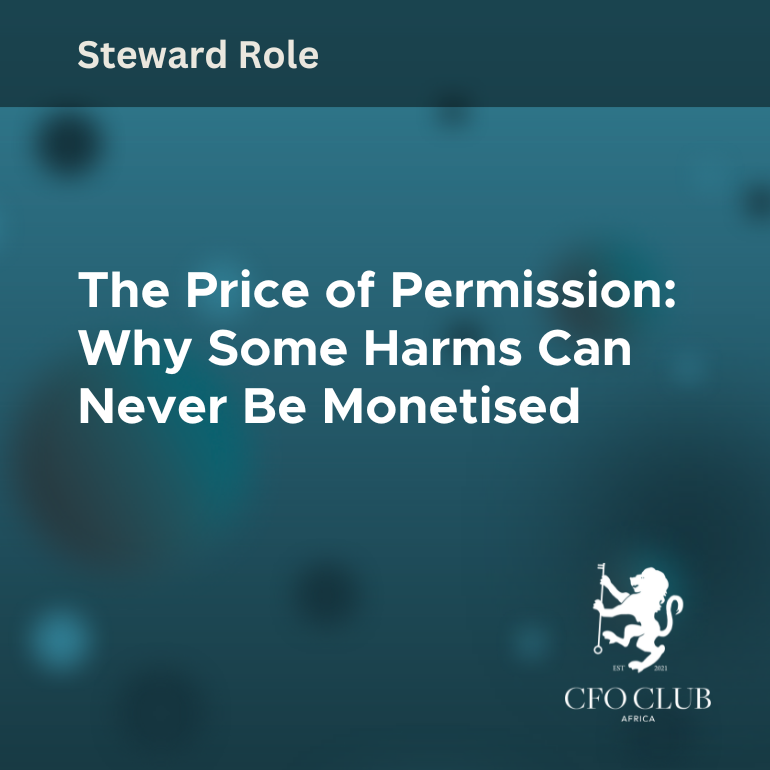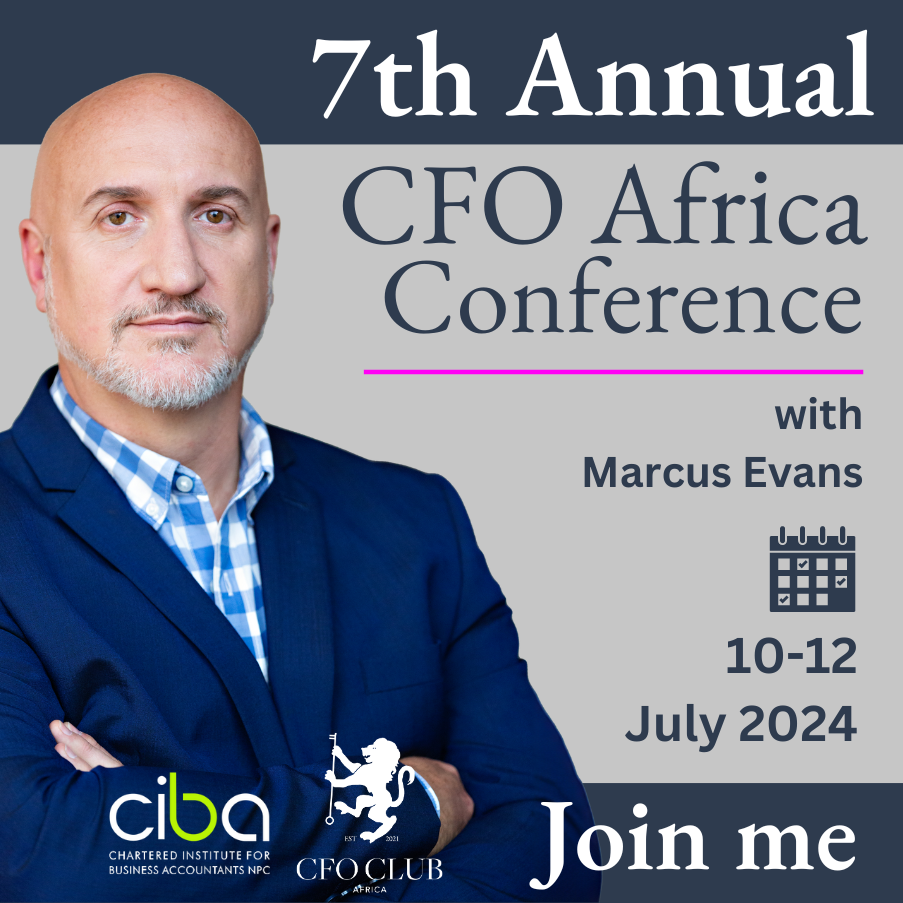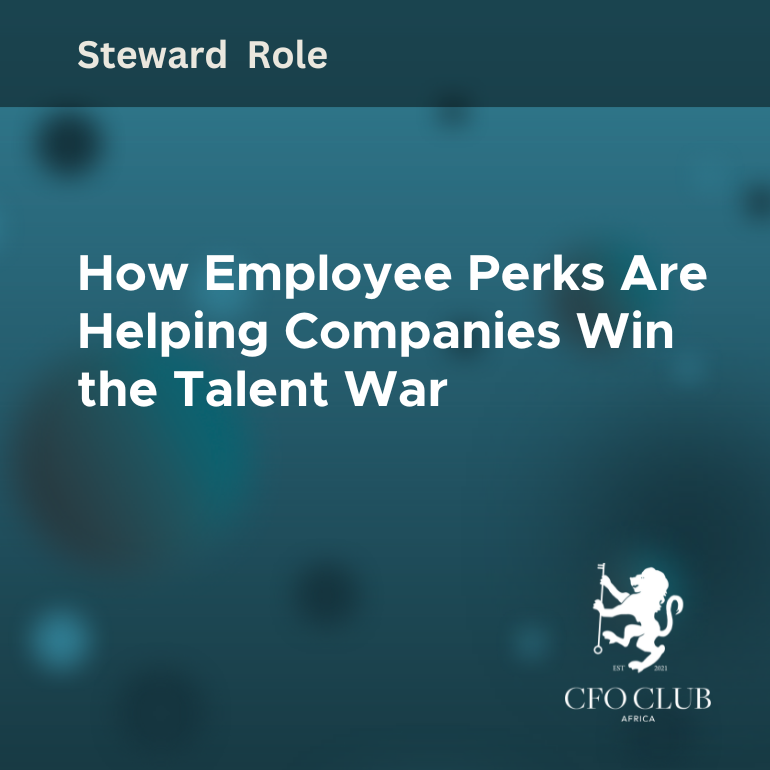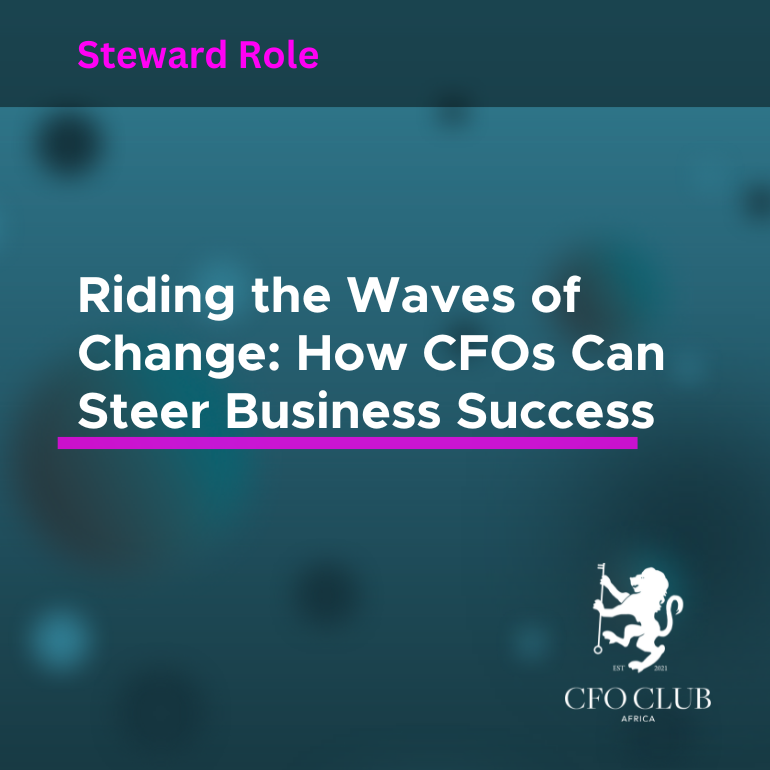The Price of Permission: Why Some Harms Can Never Be Monetised
Finance has long been obsessed with measurement. If something can be priced, it can be managed. But when it comes to social harm such as child labour, forced evictions, or cultural erasure, a dangerous idea creeps in: that once a cost is assigned, it can be paid off and permitted. This is the Price of Permission problem, and it cuts to the heart of what it means to lead with integrity in African finance today.
When Harm Becomes a Line Item
Across boardrooms, ESG metrics are now integrated into balance sheets. Tools like “social return on investment” and “impact-weighted accounts” attempt to put a number on social costs. On the surface, this looks progressive. It brings social issues into the same space as profit and loss. But there is a darker side: by monetising harm, we risk normalising it.
Consider a mining company displacing rural communities. If accountants reduce the trauma of forced relocation to a compensation payout on the financials, the harm is no longer a moral failure. It becomes a transaction. Once the price is paid, the licence to proceed is granted.
This is not abstract. South Africa’s history is littered with examples of cheap labour, unsafe housing, and extractive practices justified because financial returns outweighed compensation. Turning people’s lives into disposable cost items entrenches inequality rather than solving it.
The False Comfort of Financialisation
Pricing harm creates the illusion of accountability while giving companies a pass to continue destructive behaviour. It turns tragedy into tolerance:
- Child labour becomes “cost per incident.”
- Evictions become “compensation line items.”
- Environmental destruction becomes “rehabilitation provisions.”
But some harms cannot be offset. There is no balance sheet that restores a childhood stolen in a sweatshop. There is no discount rate that justifies cultural erasure or systemic displacement.
The “permission slip” approach is especially dangerous in Africa, where over 25 million South Africans rely on social grants just to survive. Reducing lives and communities to financial variables ignores the lived realities of poverty, inequality, and fragile social trust.
CFOs as Guardians of Ethical Capital
CFOs today are more than number-crunchers. They are stewards of capital allocation. And stewardship means drawing red lines. Just as CIBA rejects imported compliance agendas that kill SMEs or block growth, so too must CFOs reject the financialisation of harms that no society should tolerate.
This requires courage. It means telling boards and investors that some things are not for sale. It means refusing to present certain harms as cost-benefit trade-offs. It means backing financial reporting with ethical judgment, not just technical skill.
In practice, this looks like:
- Disclosing the limits of impact models and making clear when harm cannot be reduced to numbers.
- Pairing financial data with community testimony, cultural context, and lived experience.
- Embedding categorical refusals into governance: no child labour, no forced displacement, no environmental shortcuts, regardless of the projected ROI.
The African Imperative
For African CFOs, this is not just ethical, it is strategic. Capital markets are watching. Investors increasingly demand proof that companies manage social risk responsibly. A business seen as exploiting communities or tolerating harm loses credibility, trust, and ultimately, licence to operate.
But there is a deeper imperative. Our continent’s development must not be built on the disposability of its people. Finance professionals are nation-builders. If we reduce social wellbeing to a line item, we erode the very foundation of sustainable growth.
The Bottom Line
The Price of Permission problem is a warning. When CFOs price harm instead of preventing it, they convert morality into money, and money will always win that trade. The true measure of leadership is knowing where the ledger must stop.
The future of African finance will not be written by those who found clever formulas to monetise harm, but by those who drew hard ethical lines and said: this cost cannot be paid away, because this harm must never happen.





